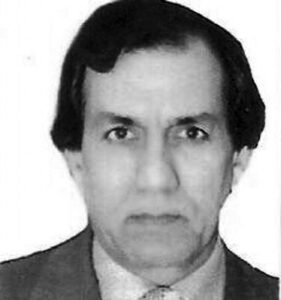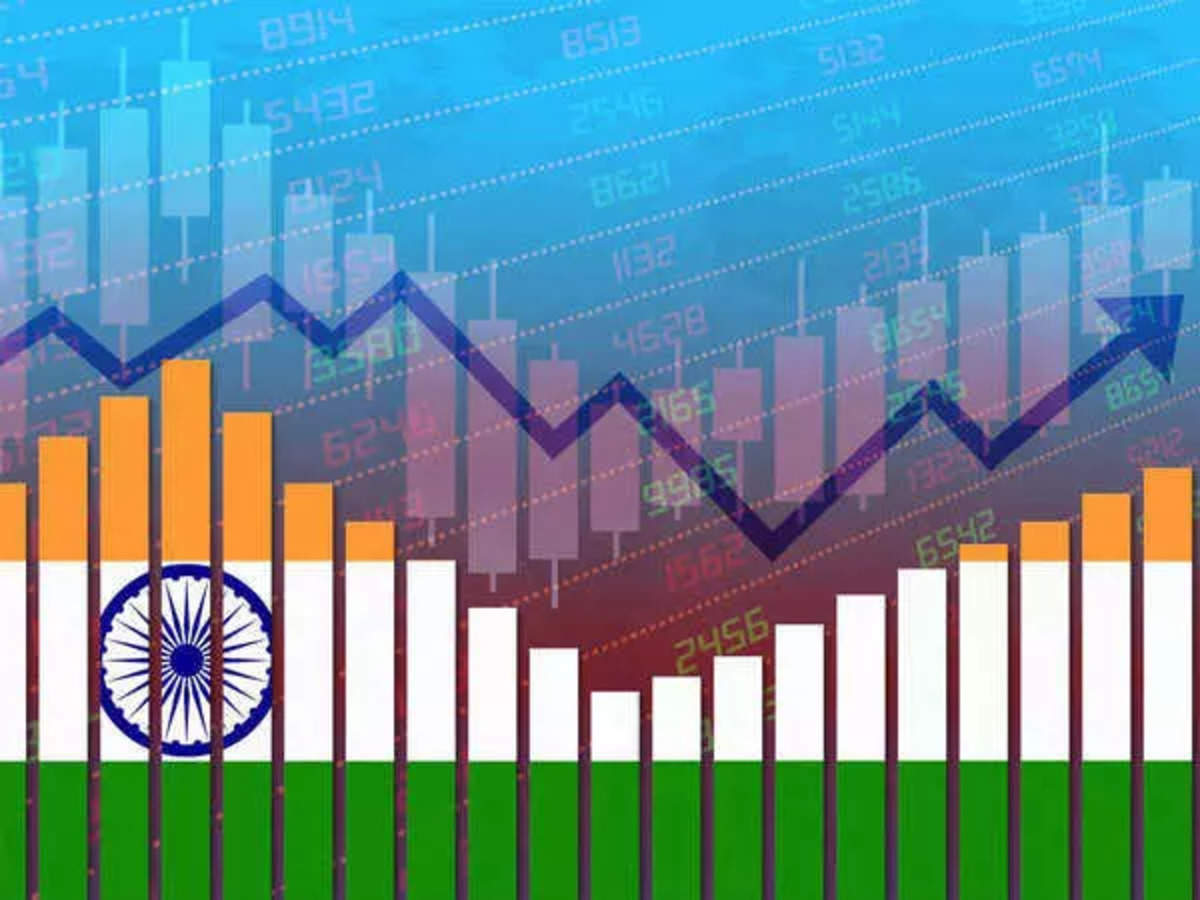India became the most populated country; its economy was the fastest growing.
As 2023 recedes beyond the sunset, one can’t help getting the feeling that it has been a mixed bag. The Ukrainian conflict continues unabated, resulting in death, devastation and suffering of thousands of people. Millions of people, mostly in the Global South, have to cope with the repercussions of the conflict which they didn’t ignite.
On 7 October, while the Israelis were celebrating one of their holiest festivals, Hamas militants mounted a violent terrorist attack on Israel, penetrating its famed iron dome defence system, killing 1,200 people, indulging in brutality and taking away 220 civilians including women and children as hostages. Israeli retaliatory air attacks, bombing and ground operation have reduced Gaza to a graveyard, killed over 20,000 civilians, and displaced 1.8 million people and precipitated a humanitarian crisis beyond words.
Regrettably, the world is witnessing this dance of death and devastation helplessly; innocent people are dying; their life is just a number. Those who have means to stop the ongoing carnage aren’t doing so; they are morally responsible for aiding and abetting the avoidable loss of lives.
Unprecedented heat waves, wild fires, cyclones, hurricanes and floods in different parts of the world are clear evidence that climate change crisis is here and now. The COP28 ended in Dubai on 15 December with agreement on “transitioning away from fossil fuels” and operationalising the Loss and Damage Fund. These gains, though significant, may not be sufficient to restrict the rise of temp to 1.5 degree Centigrade unless the big polluters bring about lifestyle changes and drastically cut their carbon emission; developed countries must provide necessary funds and technology to enable developing countries to transition away from coal. India can draw satisfaction from the fact that in her energy basket, the share of renewable sources for energy has risen to over 43% (172.00 GW) and the intensity of carbon emission would have been reduced by 45% by 2030 as pledged in the climate summit in Glasgow.
While the Ukraine conflict has brought the US closer to its NATO and EU allies, it has failed in taming Russia in spite of an unprecedented number of sanctions. Russia earns enough revenue from its gas and oil exports (for a short while, Russia had become India’s biggest oil supplier) to continue its attacks. Russia hasn’t achieved a clear victory (it has occupied 1/5th of Ukrainian territory) but the much touted Ukrainian offensive hasn’t taken off either. Though both the US and EU reiterate their resolve to support Ukraine financially and militarily as long as it takes, there are constituencies in the US and the EU that oppose supporting Ukraine indefinitely without any clarity about the end game. Zelenskyy had to lobby hard in the US Congress on his recent trip. Russia too seems interested in a face-saving negotiated solution but is unlikely to give up all the territory it has occupied so far. Prime Minister Narendra Modi’s advice that “it wasn’t an era of war” and dialogue and diplomacy were the only options to resolve the conflicts peacefully still holds water
The tariff war triggered off by Donald Trump hasn’t crippled the Chinese economy (in 2022 Sino-American trade touched US$641 billion) and decoupling the US economy from the Chinese economy wasn’t happening; very few American firms have moved out of China in response to the “America first” slogan. Accusatory rhetoric from both sides wasn’t facilitating cooperation on global commons. So, Joe Biden met Xi Jinping met on the sidelines of the APEC summit in San Francisco. They squeezed an agreement to restore military to military communications and Chinese assurance to control trade in fentanyl.
A degree of thaw notwithstanding, the US would pursue its de-risking approach and diversify its supply chains and continue raising China’s assertiveness in the Indo-Pacific region while Xi would warn about China’s redlines on Taiwan. Xi’s comment that the planet was big enough for two superpowers to succeed and that turning their back on each other wasn’t an option summed up the relationship pragmatically.
India’s immediate neighbourhood faced considerable turbulence last year. Economic crises in Sri Lanka made President Gotabaya Rajapaksa flee the country; his successor Ranil Wickremsinghe is trying to mend fences with India though China’s lengthening shadows on Sri Lanka are a reality.
The new government in Maldives headed by Mohamed Muizzu is pro-China; he has officially asked India to withdraw her military personnel and take back her helicopter. India has to tread delicately in this small but strategically significant neighbour.
While relations with Pakistan remain in limbo, India continues to extend humanitarian assistance to Afghanistan.
While functional relations with China continue: we are participating in the BRICS, SCO and G20 Summits, India won more than 100 medals in the Asian Games in Hangzhou in China (the sports minister didn’t go because of the visa issue); 20 rounds of commander-level talks between China and India have taken place but the disengagement process at LAC hasn’t been completed. At the meetings with his Chinese counterpart, the External Affairs Minister has made clear that it can’t be business as usual unless the boundary problem has been fully resolved.
Though China’s economy is slowing down and its arbitrary territorial claims in the South China Sea are objected to by its neighbours, it staged a diplomatic coup of sorts when it mediated a rapprochement between ideological rivals, Iran and Saudi Arabia. Though it called several Arab leaders to Beijing, its mediation in the Israeli-Palestinian conflict looks unlikely.
China’s footprints in Bangladesh, Nepal and Bhutan warrant a close watch. In November, PM Modi and Sheikh Hasina inaugurated virtually the cross-border Akhaura-Agartala railway line that connects India’s Northeast with Bangladesh; it also reduces travel time between Agartala and Kolkata. On the sidelines of the G20 Summit, India-Bangladesh signed three MOUs, covering digital payment, CEP and agricultural research.
Amidst turbulence in some parts of the world, India achieved several firsts in 2023. It became the most populated country in the world; its economy was the fastest growing, it rose to become the fifth largest economy displacing the UK; it’s tipped to become the third largest economy by 2030, if not earlier.
India hosted the 18th G20 Summit (more than 250 meetings took place at 60 different locations), got the African Union admitted as a full member and produced a consensus Delhi Declaration of the Leaders on the very first day. Besides, it also hosted a G20 virtual summit before its Presidency ended.
PM Modi attended the Quad, the G7 and the ASEAN and East Asia Summits and hosted virtually an SCO Summit and two Voices of the Global South Summit. He paid a successful state visit to the US; became the first Indian PM to address a joint session of the US Congress for the second time. Defence and security cooperation and iCET will lead the way. L’affaire Pannun is unlikely to derail the broader strategic partnership with the US.
Canada has become a haven of Khalistani activists. Both the US and Canada must rein in anti-India Khalistanis who vandalize temples and threaten Indian diplomats.
India achieved a milestone in space research when her Chandrayaan-3 landed on the southern pole of the moon.
As a nation, we must ensure what happened in Manipur never happens anywhere in India. We must also make sure that India’s Olympic/Commonwealth medallists don’t have to sit on dharna for weeks for getting their voices heard; their concerns ought to be addressed. They have done our country very proud. We owe them utmost respect.

Surendra Kumar is a former Indian ambassador.

